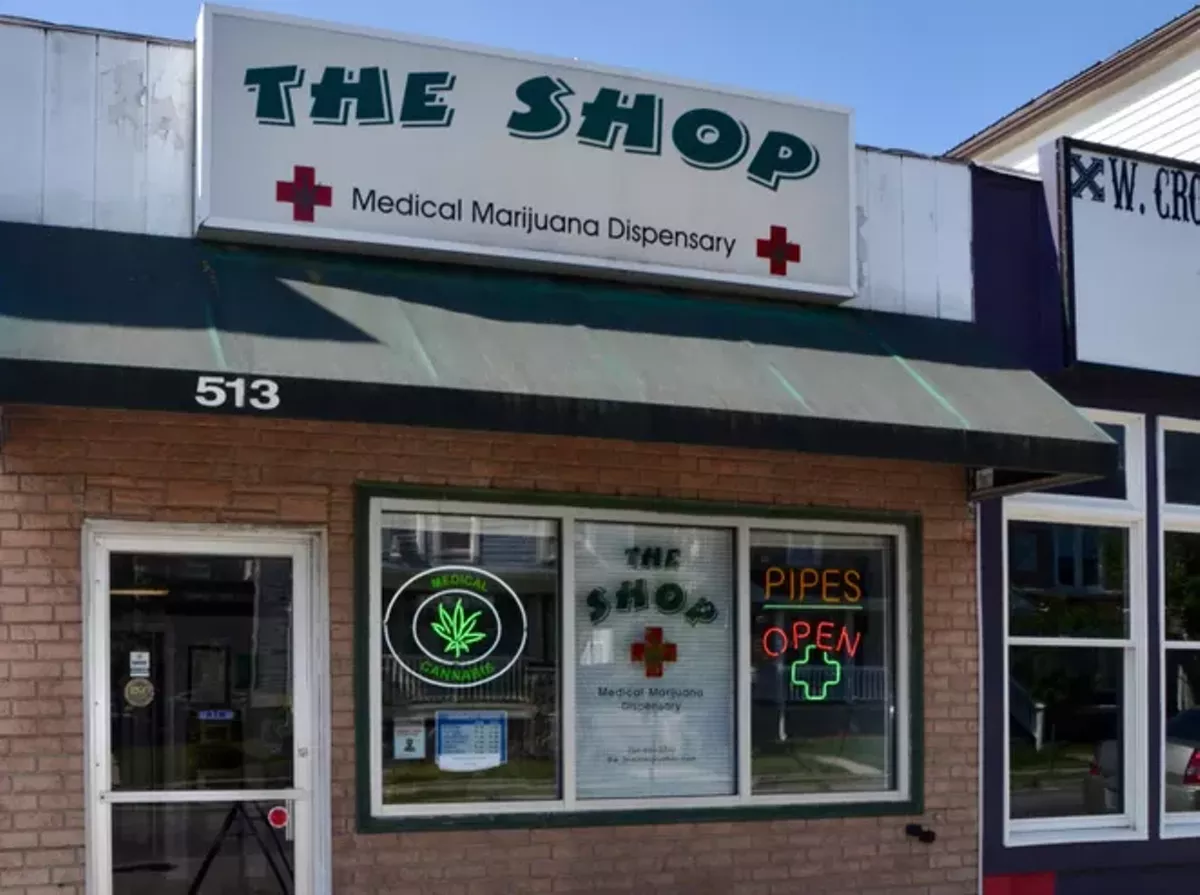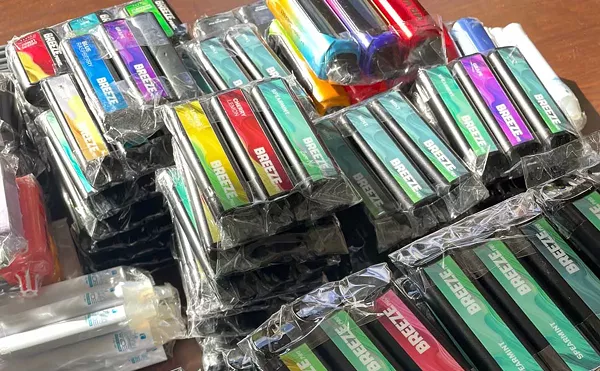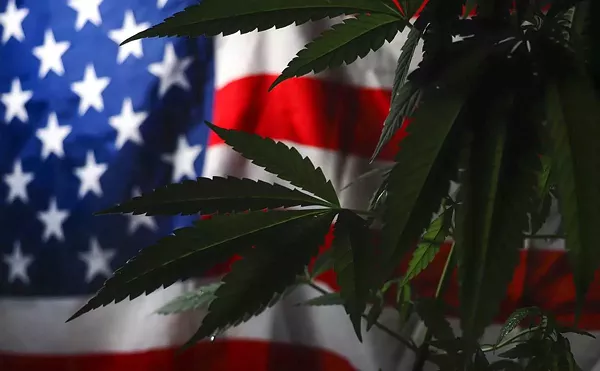Applicants for state licenses to operate cannabis businesses in Michigan have more questions than answers as the deadline approaches for unlicensed operations to shut down.
The Medical Marihuana Licensing Board deadline for unlicensed provisioning centers to shut down is Sept. 15. The original deadline was June 15, but the state licensing office moved it back because of a backlog in processing applications.
Since then, only 16 licenses out of a reported 637 applications have been granted.
"I don't think you're going to find anyone who is happy with this Sept. 15 date," says attorney Michael Stein, who has dozens of cannabis clients. "Maybe those people who have been approved."
The licenses that have been granted include businesses in each of the five classes of operation in the state regulatory system. When two testing facilities were granted licenses at the Aug. 9 MMLB meeting, Andrew Brisbo, director of the state Bureau of Medical Marihuana Regulation, declared the system "complete."
There are about 230 provisioning centers temporarily operating in Michigan under state emergency rules. Most of them will have to close at the deadline. Even if the MMLB grants more licenses at its scheduled Sept. 10 meeting, it won't be more than a handful. Right now seven provisioning centers have been granted licenses.
Despite requests to move the deadline back, some that have even come from state legislators, the MMLB has been adamant that the deadline will stand. However, the board took the same stance about its June 15 deadline until just a few days before the date.
"The implementation is insufficient," says attorney Josh Colton of the Komorn Law LLC firm. "Patients need safe access to their medicine. Extending the deadline from June to September was for this purpose. To all of a sudden shut this down is going to leave quite a few people scrambling."
There are close to 300,000 medical marijuana patients in Michigan. The licensing bureau has calculated that two-thirds of Michigan patients live within 30 miles of a county where one of the licensed provisioning centers is located.
"Even though I think [MMLB] are doing everything they possibly can, even if they are successful in getting 20 more facilities licensed, it is simply not enough to take care of the patient base," says Colton.
Deep financial disclosure
Stein suggests the ideal of a licensing process in which officials want to be as thorough as possible has collided with the reality of getting things done.
"The application is more intense than many envisioned," he says. "It's easy to put down on paper the information that should be provided. It's another thing to process all that paperwork. I think they started out with good intentions, but this Sept. 15 deadline doesn't work for anyone."
‘Patients need safe access to their medicine. ... To all of a sudden shut this down is going to leave quite a few people scrambling.’
tweet this
The applications go under deep financial scrutiny. Everyone who has a financial interest in the business has to disclose all other business interests, all bank accounts, taxes, debt, and property interests going back several years. Almost everyone was asked for additional financial information.
"The financial disclosure requirements — that is really what is taking things so long, review of financial disclosure," says Stein. "When you have high-worth individuals ... some guys may have 20, 30, 40 businesses. That means 20, 30, 40 bank accounts and you have to explain every transaction over $1,000. That is a daunting task. It appears there is possibly a change in the tide. It seems like they've curtailed what they're asking for, finally."
Stocking the shelves
The reality of getting up and running is another issue for prospective businesses. There have been hundreds of provisioning centers operating but the only legal growers have been patient caregivers. The new system only allows provisioning centers to get supplies from state-licensed growers. It will take months for newly licensed growers to bring a crop to harvest. There will be a gap from when provisioning centers are licensed and when they can stock their shelves through the system.
"The grows will not provide product in time," says Stein. "The problem is the licenses haven't been flowing. There is a ridiculous backlog."
Colton says there is a 30-day gap in allowing new facilities to stock their shelves from caregivers in order to get started. When that initial product runs out, as it stands now, they will have to wait until more is available through the state system.
"It would end up in a potential log jam," Colton says. "You're still looking at a situation where the stores that are open won't be able to supply patients."
Even with the daunting, slow-moving application process and financial scrutiny, investors are still knocking on the door trying to get into the business. Jamie Lowell, a consultant with Medical Marijuana Licensing Experts, helps them find their way around the complex maze of marijuana regulation. He says his clients make jokes about what year it will be before they get their licenses. Still, they plug on with the prospect of getting in at the dawning of a new industry.
"It has taken off in other states after some back and forth," Lowell says. "I like this program as a start for things. It's moving in the right direction."
More questions
Getting a marijuana license is a high-stakes gamble, particularly with the possibility of recreational legalization looming in November. The potential recreational market is several times larger than the medical one. Nobody knows if the proposal will pass, and even if it does nobody knows if having a medical marijuana license will provide a leg up on getting into the recreational market.
"I can only speculate on that," Stein says. "What I'm hoping is that they find a way to make an easy transition from medical to recreational. In other states, there's been a process where you can convert your medical license to a recreational one. ... Hopefully we can learn from what we've dealt with here and make that as smooth a process as possible. We could take what could be an easily regulated industry and turn it into something much more complicated than it needs to be. We just don't know how it's going to be dealt with."
That's a lot to consider. Most folks in the marijuana business don't know if they'll still be there after Sept. 15.
Stay on top of Detroit news and views. Sign up for our weekly issue newsletter delivered each Wednesday.








